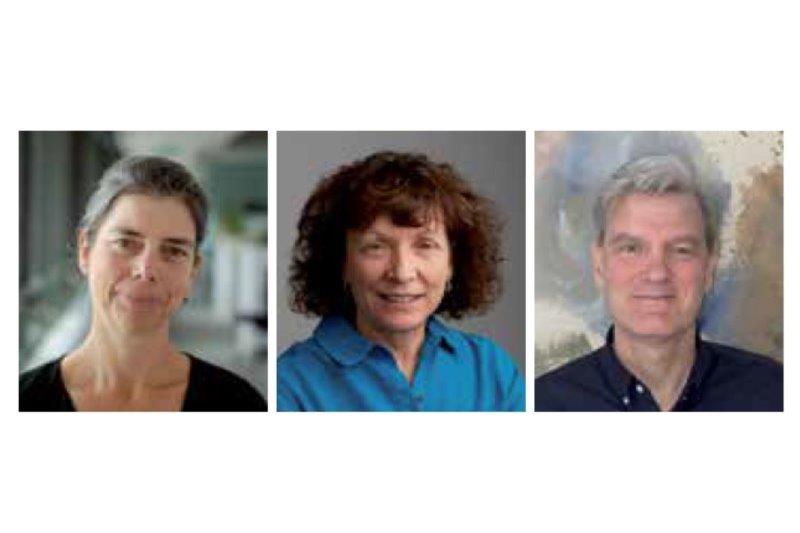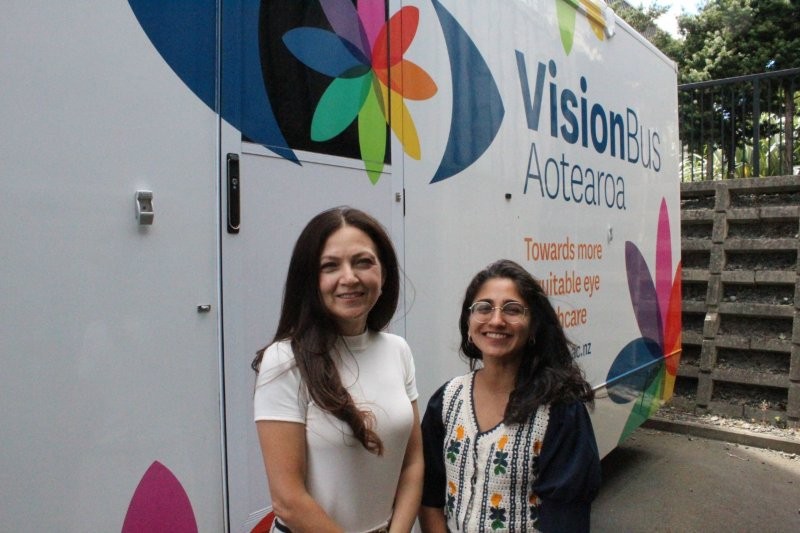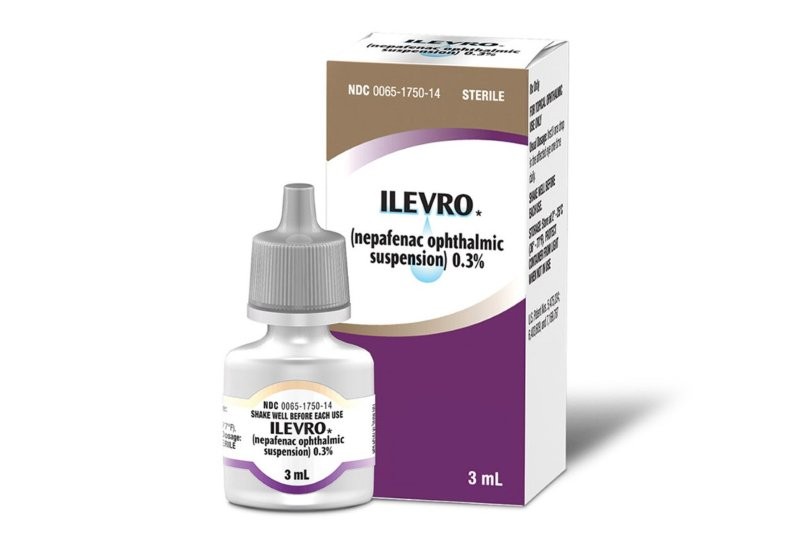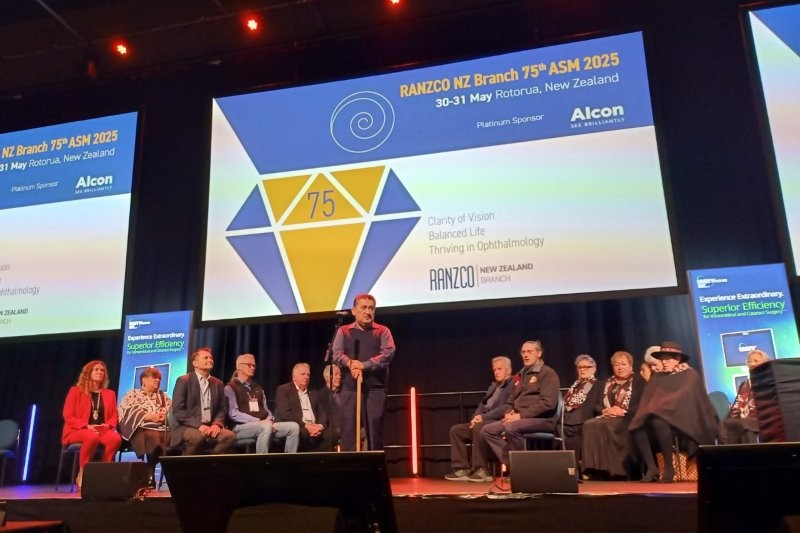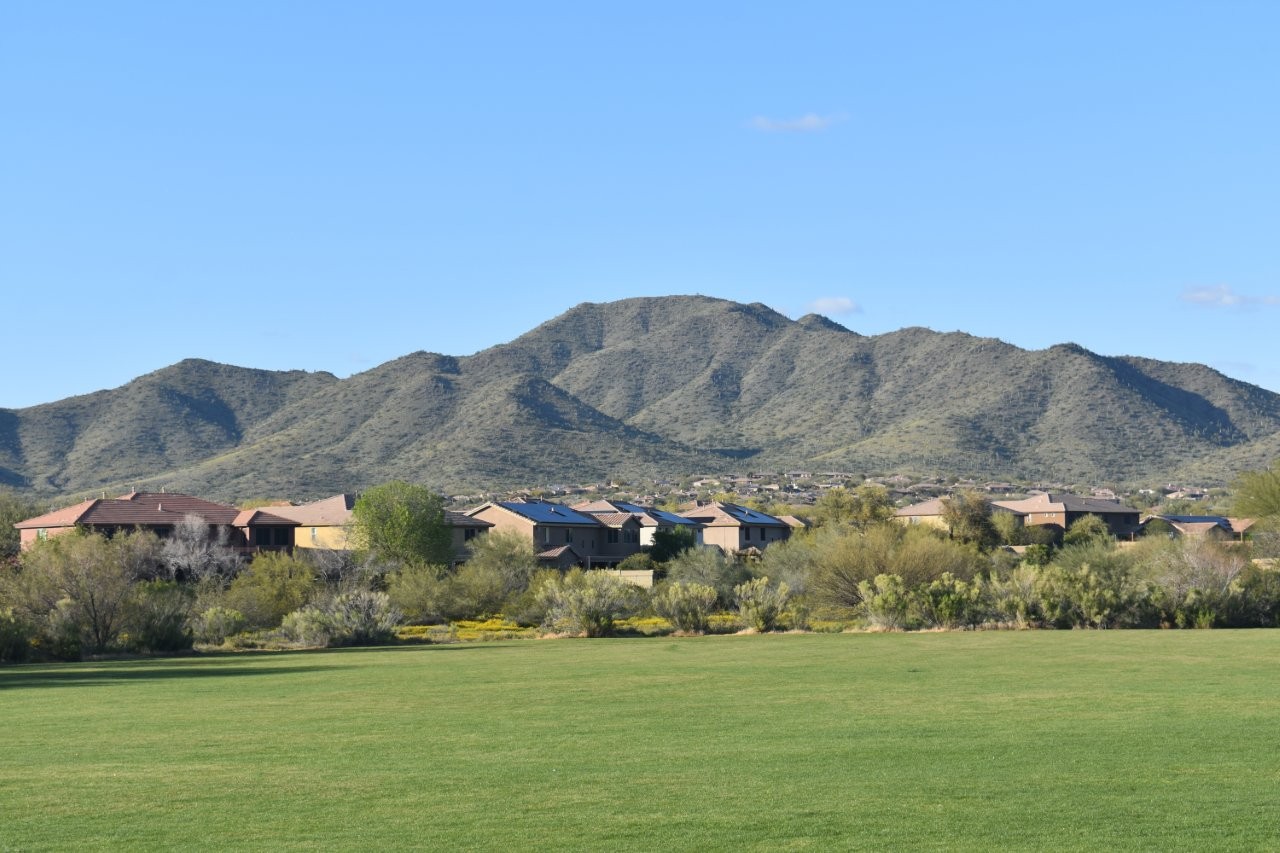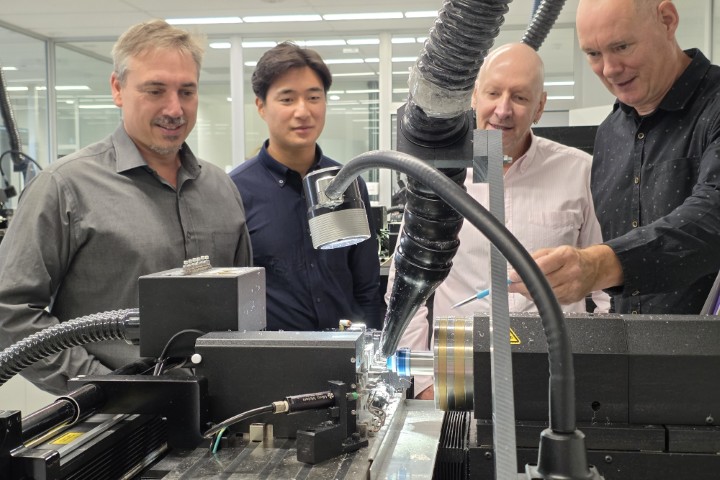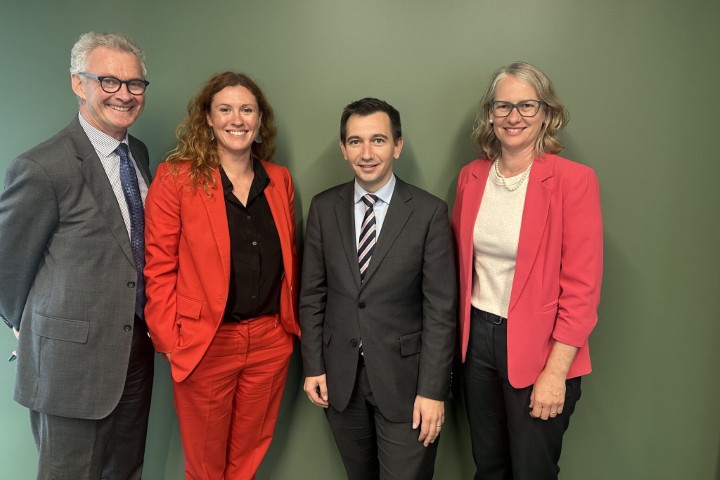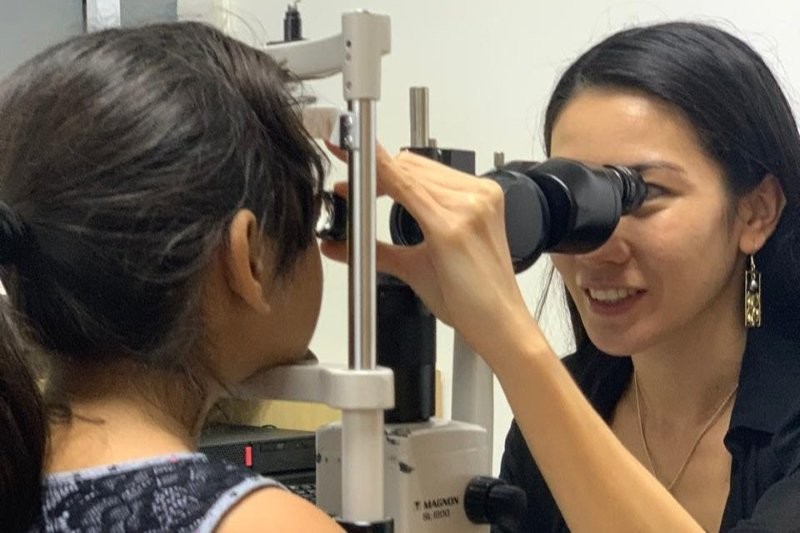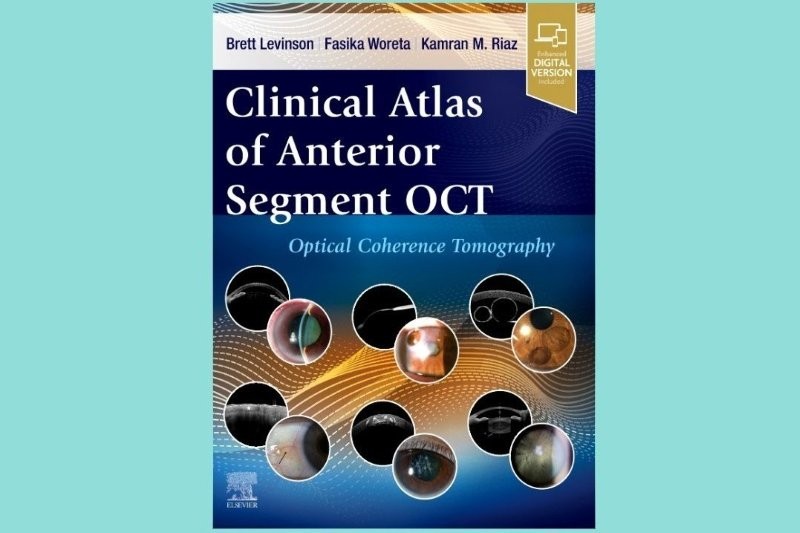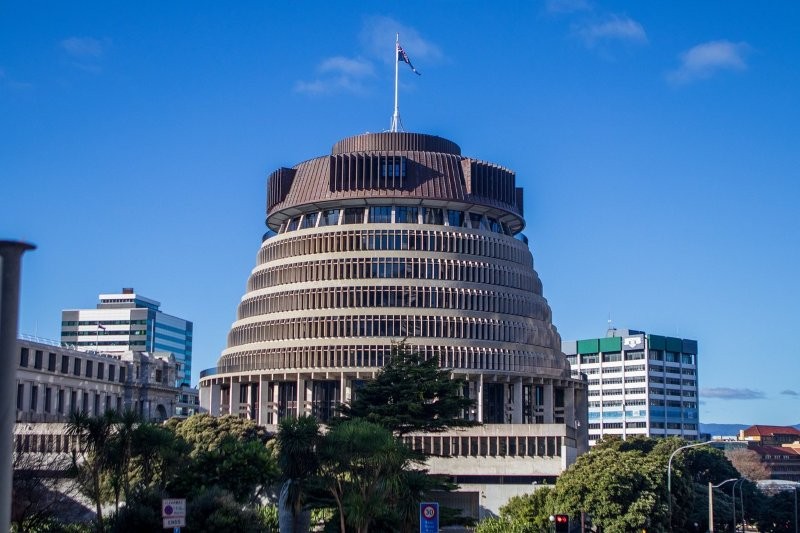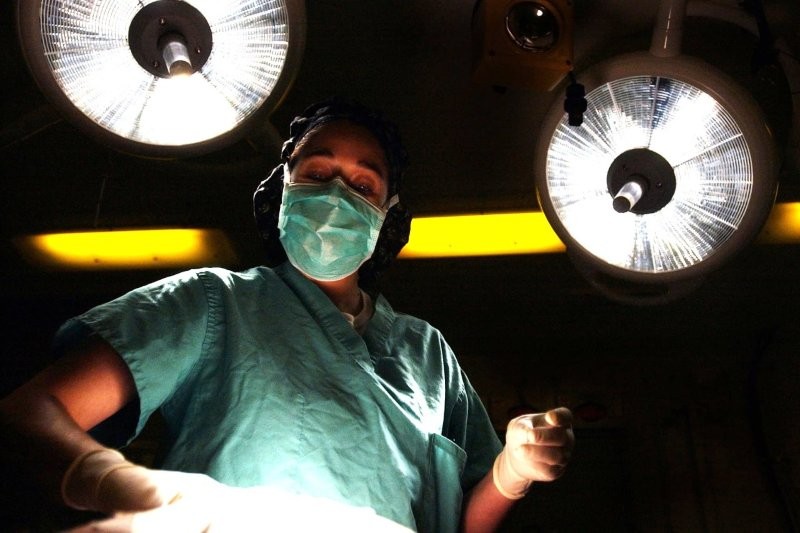ANZGS: the cutting edge of glaucoma care
Hobart, Tasmania was the host for the 31st annual scientific meeting of the Australia New Zealand Glaucoma Society (ANZGS). I, however, joined from the comfort of my own home, over Zoom. As always, it was well organised, with a great variety of topics and speakers, showcasing how the society remains on the cutting edge of glaucoma knowledge and innovation.
Artificial intelligence (AI) is the hot topic of the moment, but Professor Linda Zangwill of the University of California, San Diego, has long been ahead of the curve on researching its role in glaucoma care. She presented an informative Lowe Lecture, discussing the advances and barriers to implementing AI models in glaucoma practice. Though the tech is exciting, my take-home was that the role of human professionals remains very safe.
New glaucoma surgical devices have made a big impact on improving the performance and safety of managing glaucoma which cannot be controlled with drops or laser. Surgical techniques and tweaks were shared by many, while Dr Craig Ross (recipient of the Kath Holmes prize) and Professor Bill Morgan and Associate Professor Ashish Agar presented on new devices not yet on the market. This served as a reminder that Australia’s and New Zealand’s ophthalmologists are pushing the boundaries of how future glaucoma surgery will look.
As we know, however, surgery is not risk free and Professor Graham Lee of the University of Queensland shared his vast knowledge as a specialist trained in managing both glaucoma and cornea problems. He presented evidence on MIGS and their effects on the corneal endothelium, plus top tips on managing corneal disease after glaucoma surgery and glaucoma after corneal surgery.
To B3 or not to B3
There has been a great deal of interest in recent years towards non-IOP-related treatments for glaucoma. A growing body of evidence suggests a role for nicotinamide (vitamin B3) supplementation, or a combination of supplements, to offer neuroprotective benefits to the glaucomatous optic nerve. Professor Simon John of Columbia University, New York, presented the Bruce Hamilton Lecture, describing his work with mouse models of glaucoma. His lab detected early metabolic changes in mice before the raised IOP and optic nerve atrophy that causes sight loss. They also showed how nicotinamide adenine dinucleotide alters with ageing, which seems to play a critical role in optic nerve health. Supplementing the mice with nicotinamide was protective against glaucoma and was even more effective when combined with pyruvate. Although we are still some way off knowing whether such supplementation may help our human glaucoma patients, this important work has led to several ongoing clinical trials.
The ‘off-piste’ lecture is a firm favourite among attendees, with this year’s invited speaker being Dr Petra Heil of the Australian Antarctic Division, who spoke on trends in Antarctic Sea ice coverage. Fittingly following that sobering talk, Dr Jesse Gale from Wellington described ways we can reduce the environmental impact of glaucoma care. Travel is its greatest contributor to carbon emissions in glaucoma care, with single-use surgical materials a close second. Among his recommendations was advising against single-use tonometer heads, since they offer no significant advantage in preventing infection.
In collaboration with Kyle Foo, a medical student at the University of Galway, Dr Gale has also investigated whether selective laser trabeculoplasty may provide environmental savings over drop treatment. Their answer boiled down to: only if it reduces the number of clinic visits. This would support increasing shared care between specialists and community eye professionals. Should we be lobbying for improved public transport links for our patients? Maybe we can take up cycling to clinic?
After three days of presentations, I was left feeling excited about the progress in glaucoma care – it’s a great time to be working in this field. Hopefully I can make it in person to Western Australia for the 2025 meeting.

Dr Dan Gosling is an ophthalmologist specialising in glaucoma and cataract surgery at Greenlane Hospital and Milford Eye Clinic.










